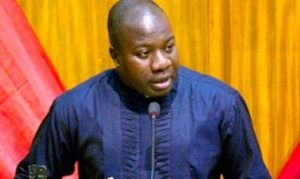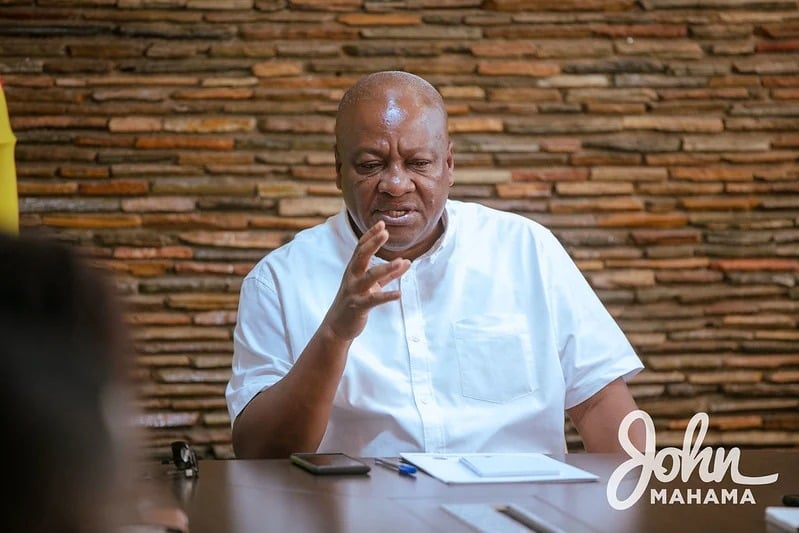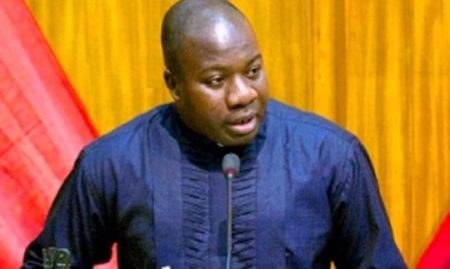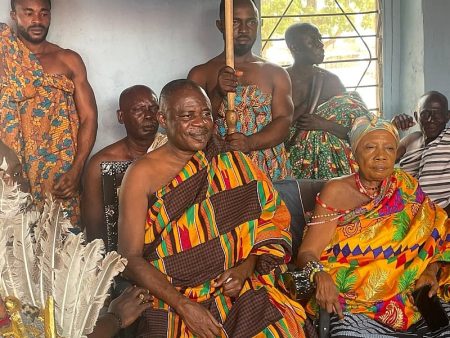In his vision for the future of Ghana, John Dramani Mahama, the National Democratic Congress (NDC) 2024 Presidential Candidate, underscores a comprehensive and transformative agenda aimed at strengthening legal protections against sexual harassment and gender-based violence. Mahama advocates for a thorough review and harmonization of existing laws on sexual harassment to ensure that victims are adequately protected. He emphasizes the necessity of establishing a National Anti-Sexual Harassment Policy to create a structured approach to identifying, reporting, and addressing such incidents in society. This policy framework will align with the NDC’s broader aim of defending the rights of the underprivileged and ensuring that vulnerable groups are supported effectively.
Central to Mahama’s agenda is the proposed National School-Related Gender-Based Safety Programme, aimed at preventing and addressing incidents of gender-based violence in educational spaces. This initiative would focus on creating safer environments for pupils, students, and staff, coupled with a robust referral system that connects victims with essential support services, including legal aid and social welfare assistance. Mahama’s acknowledgment of collaborative efforts involving religious, traditional, and community organizations highlights his vision of a united front against gender-based violence, fostering education on harmful practices and providing necessary services for survivors, including counseling and shelters.
Furthermore, Mahama’s plans extend beyond sexual harassment to encompass protections for individuals facing accusations of witchcraft and related traditional practices. He proposes legislative measures to safeguard these individuals while transforming alleged witch camps into community wellness centers that emphasize geriatric care and social support. Coupled with this initiative is a commitment to public education regarding anti-witchcraft practices and the establishment of hygiene facilities in schools to promote menstrual health, demonstrating a multifaceted approach to addressing gender issues and rural health challenges.
In the healthcare sector, Mahama emphasizes the need for self-sufficiency through local production of medical equipment and healthcare infrastructure. His government plans to establish Central Bed and Emergencies Management Bureaus across Ghana’s three geographical belts to tackle the chronic challenge of healthcare access, including the notorious ‘no-bed syndrome’ faced in hospitals. His vision includes enacting laws for biomedical transplants to protect patients’ rights and facilitating a centralized health information management system to streamline patient data sharing across facilities while adhering to data protection regulations. This focus on health infrastructure and patient rights indicates an intent to modernize Ghana’s healthcare delivery system significantly.
Additionally, Mahama’s plan for the pharmaceutical sector involves collaboration with professionals to enhance local drug production capabilities. He aims to establish a National Bio-Equivalence Centre and a Pharmaceutical Research Institute to reduce reliance on imported medicines and promote the export of essential pharmaceuticals. The integration of pharmaceutical manufacturing into tertiary education curricula aims to equip future healthcare professionals with necessary skills while supporting local companies in their production endeavors. This strategy reflects a broader economic vision that seeks to position Ghana as a pharmaceutical hub in Africa and alleviate the financial burdens currently placed upon citizens due to the dependency on imports.
In conclusion, Mahama’s comprehensive agenda includes initiatives targeting gender-based violence, healthcare infrastructure, and local pharmaceutical production, all framed within the NDC’s commitment to social democracy and inclusive growth. He calls for a unifying electoral mandate to empower his government to implement these transformative policies, aiming not only to reset Ghana’s socio-economic landscape but also to elevate the standards of protection and welfare for all Ghanaians, particularly the vulnerable and marginalized. With a focus on collaboration, local production, and robust organizational frameworks, Mahama’s vision aspires to create a safer, healthier, and more equitable Ghana.














